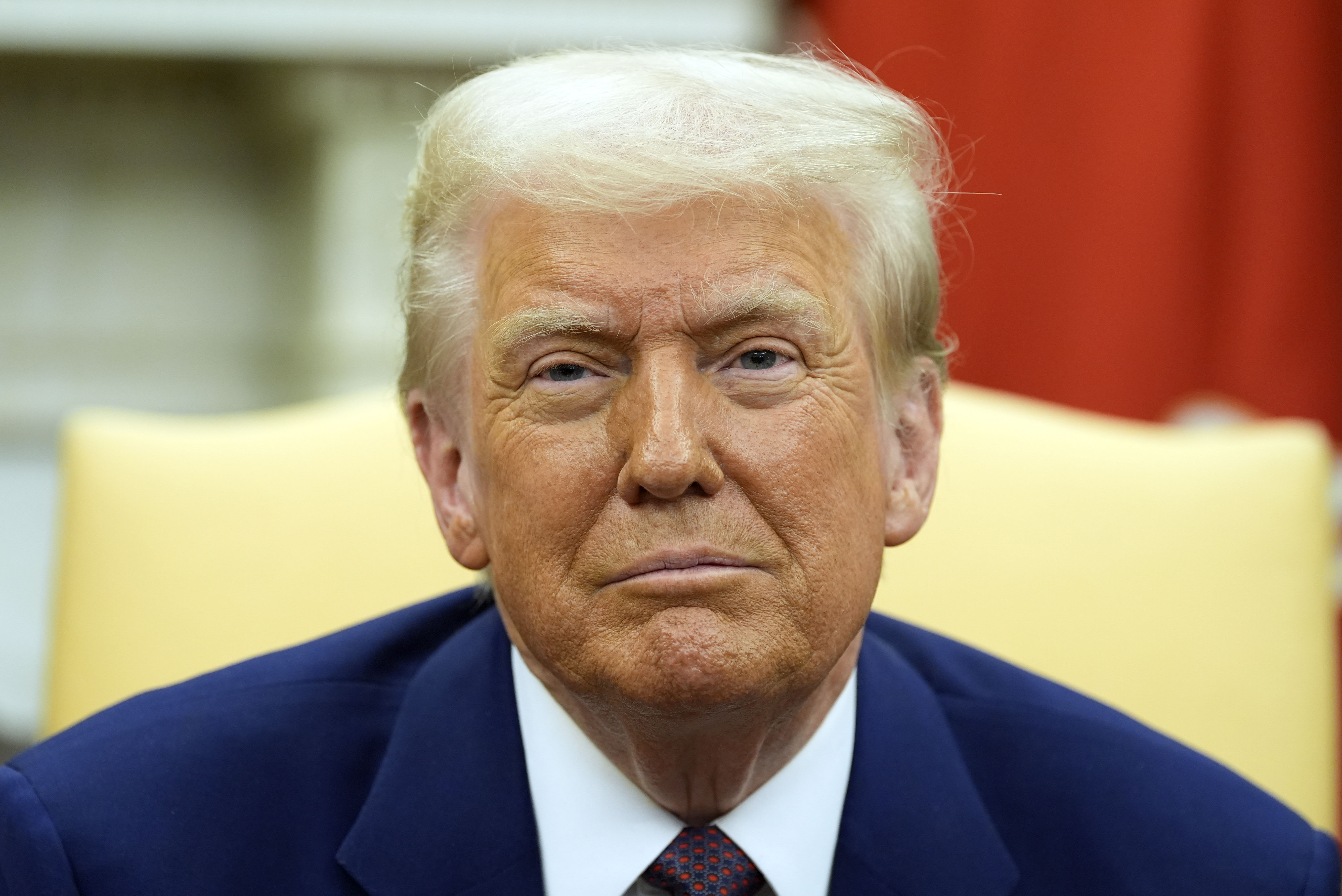Understanding Syria's Currency Dilemma Amidst Political Change
Syria is navigating a significant economic transition following Assad's ouster and the delivery of currency printed in Russia highlights complex geopolitical ties.
Published February 15, 2025 - 00:02am

Image recovered from arabnews.com
Syria is currently undergoing a profound economic and political shift following the ouster of long-time President Bashar Assad. This transition was underscored by the recent delivery of Syrian currency printed in Russia, which had not been delivered prior to Assad's departure. According to SANA, Syria's state news agency, the central bank received substantial sums of Syrian pounds, equating to tens of millions of US dollars. The currency was originally printed under Assad's leadership before his sudden fall in December 2024.
The newly appointed governor of Syria's central bank, Maysaa Sabreen, emphasized the delicate state of the country's financial system. Since taking over in January, she has been cautious about printing new Syrian pounds due to inflation concerns. The Syrian pound had initially strengthened in the black market post-Assad, fuelled by an influx of returning expatriates and relaxed currency trade controls. However, liquidity in the currency remains a challenge as foreign exchange reserves have dramatically dropped.
Meanwhile, Russia continues to play a pivotal role in Syria's future. The country aims to maintain its military bases in Syria amidst the new leadership's tenure. Russian President Vladimir Putin has already engaged in diplomatic communications with Syria's President Ahmad Al-Sharaa to discuss potential collaborations moving forward. This geopolitical dynamic is further complicated by the significant economic support Russia provided during Assad's rule, demonstrated by the financial backing evidenced in currency notes printed abroad.
Internationally, the conversation about Syria's future is gaining momentum. A recent conference in Paris rallied global support, pledging aid for Syria's transformation post-civil war and Assad's removal. World leaders, including France's President Emmanuel Macron, underscored the necessity for a sovereign, stable, and representative Syrian government. Humanitarian aid and economic rebuilding are referred to as monumental tasks, with estimated costs soaring to hundreds of billions of dollars. The EU and other nations seek to ease sanctions to facilitate Syria's recovery.
The conference saw robust participation from countries and organizations across the globe, highlighting Syria's need to balance internal reforms with foreign intervention concerns. The emphasis on a pluralistic approach to governance was crucial, pointing towards an inclusive political future for Syria. There were calls for a ceasefire in all parts of Syria, notably in the north and northeast, where ongoing conflicts jeopardize regional stability.
Simultaneously, political discourse within Syria is steering towards a more inclusive national dialogue. Efforts to draft a new Syrian constitution are underway, although they explicitly exclude Kurdish forces and associates of the fallen Assad regime. As part of a broader national reconciliation process, the dialogue aims to lay the groundwork for a cohesive, just, and inclusive Syrian society.
This multifaceted economic and political landscape depicts Syria's complicated path towards rebuilding and reconciliation. The intricate interplay of internal dynamics and international relations will be critical in determining Syria's trajectory in the coming years. The recent delivery of Russian-printed currency serves as a potent reminder of the complexities faced by Syria as it navigates this transformative period.





